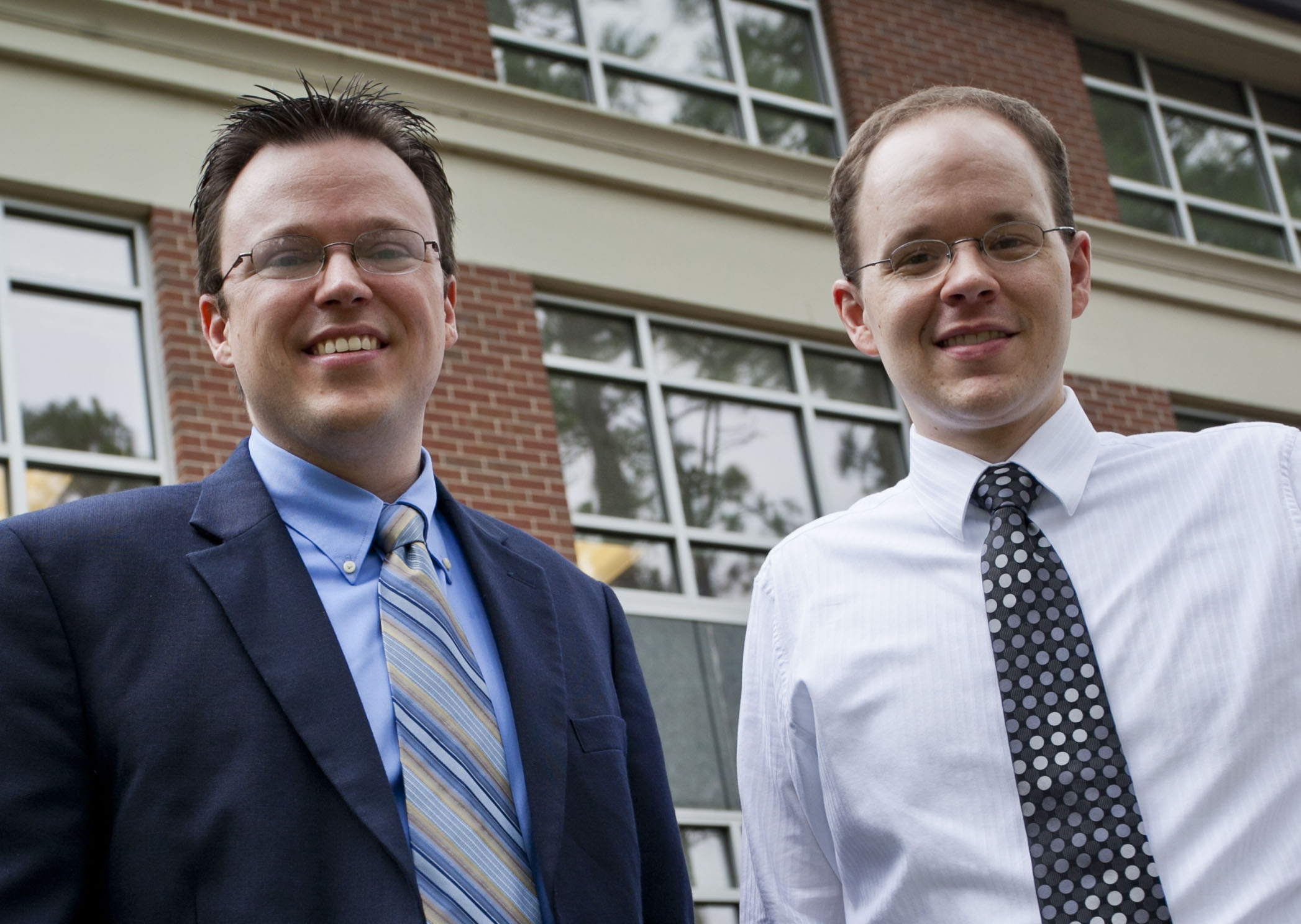For rural people with chronic diseases, poverty and depression go hand in hand

A lot of health problems are tangled up together. If you have a chronic disease such as diabetes or high blood pressure, your risk of depression is higher than other people’s. And having depression can make it harder to manage a chronic condition. Despite this, many doctors who treat patients with chronic diseases don’t ask about depression.
An NIMHD-funded study attempted to understand some of the factors that predict depression in patients with chronic disease. The researchers focused on poor people who live in rural areas, who can have a particularly tough time getting treatment and managing their chronic disease. The study found that poor rural people with diabetes or high blood pressure are much more likely to have depression if they have been unable to afford their medications in the last year.
The new study is part of a larger effort called Project EDUCATE, which is developing a program to help rural people who have diabetes or high blood pressure. Living well with chronic disease means staying on top of healthy habits and medications for the rest of your life. For Project EDUCATE, researchers have developed a way to help rural patients manage their diabetes or hypertension over the phone, through one-on-one sessions with a trained health educator. Health educators are very effective at teaching people how to manage their health in urban settings, but in rural areas, it is much harder to reach patients in person. The program is being tested now, with funding from NIMHD.
“We assess how motivated people are on diet, exercise, and self-management. Based on where they fall, we tailor a menu of sessions they choose from,” says Dr. Jacob Warren, director of the Center for Rural Health and Health Disparities at Mercer University in Macon, Georgia, and the co-leader of Project EDUCATE. Participants can also choose sessions with instruction on managing depression and anxiety.
People with depression can have particular trouble managing chronic diseases. They may feel fatalistic and believe their health is out of their control, making them less likely to take their medications. They may also be unable to get themselves to exercise and eat healthy foods—some of the most important tools for staying healthy with diabetes and high blood pressure.
Participants in the project live in the rural South and get their health care at federally qualified health centers, or FQHCs—a kind of community health center that offers services to all people, regardless of whether they can pay, with support from the federal government.
To better understand the mental health needs of people with chronic diseases, the research team had participants complete a questionnaire that is used to check whether someone might have depression. Getting a score that indicates depression on this survey isn’t the same as getting a diagnosis from a doctor, but it strongly suggests that the person might be depressed. All of the participants had either diabetes or high blood pressure, also known as hypertension.
Fifty-three percent of the participants had likely depression. Of those people, more than half reported that they hadn’t been able to afford their medications at least once in the past year. Among non-depressed people, only a quarter said the same. To put it another way, people who had had trouble paying for their medications in the last year were 2.5 times as likely to be depressed. “It was shocking,” Warren says. “Those are the types of numbers you just can’t ignore.”
The study controlled for many factors linked with depression, such as age, gender, education level, employment status, and income. Not being able to afford medications in the past year was the only factor that predicted depression and could theoretically be changed—for example with new policies or better procedures to help patients get their medications.
It’s not clear how exactly the inability to afford prescriptions connects to depression for people with chronic disease. But the connection suggests that doctors and others should be paying more attention to whether patients can afford their medications.
“Sometimes we assume that, as long as we connect someone with care and we tell them to take medication, then that’s the solution,” says Dr. Bryant Smalley, executive director of the Rural Health Research Institute at Georgia Southern University in Statesboro, Georgia, and Project EDUCATE’s other co-leader. All of the participants in this study are patients at a health center designed to increase access to care—but they still had trouble affording their medications. “For rural patients in particular, we really do have to look at additional ways to address these issues.”
Smalley noted that rural states were less likely to take the option of expanding Medicaid under the Affordable Care Act. That means the rural poor are significantly less likely to have health insurance.
Geography and culture can also stand in the way of getting health care. The health center can be a long drive away, and rural areas don’t usually have much public transportation. In many rural communities, there is a culture of self-reliance—depending on yourself and your family to do what’s needed rather than relying on others to take care of you. All of this means rural patients tend to wait longer before getting health care. Depression complicates matters further, and mental health care is often stigmatized. “We can’t hope to discuss patients’ chronic disease self-management needs if we are ignoring their mental health,” Smalley says. “This study strongly supports that fact.”
P20MD006901; PIs Bryant Smalley and Jacob Warren
Posted August 2, 2017

















